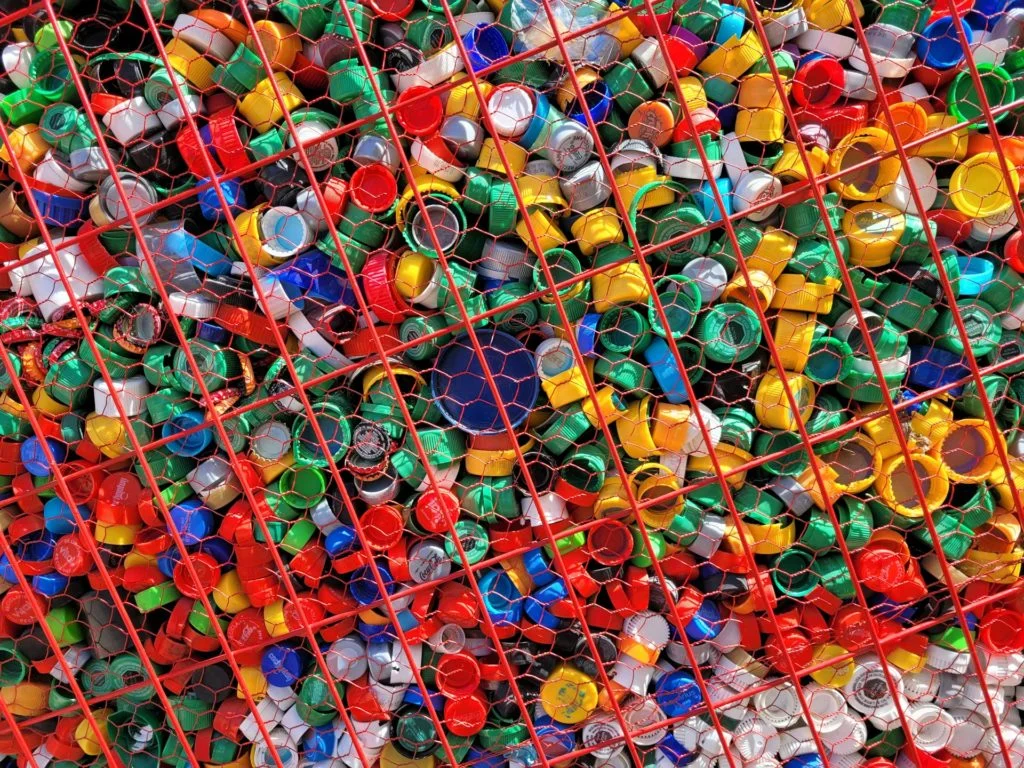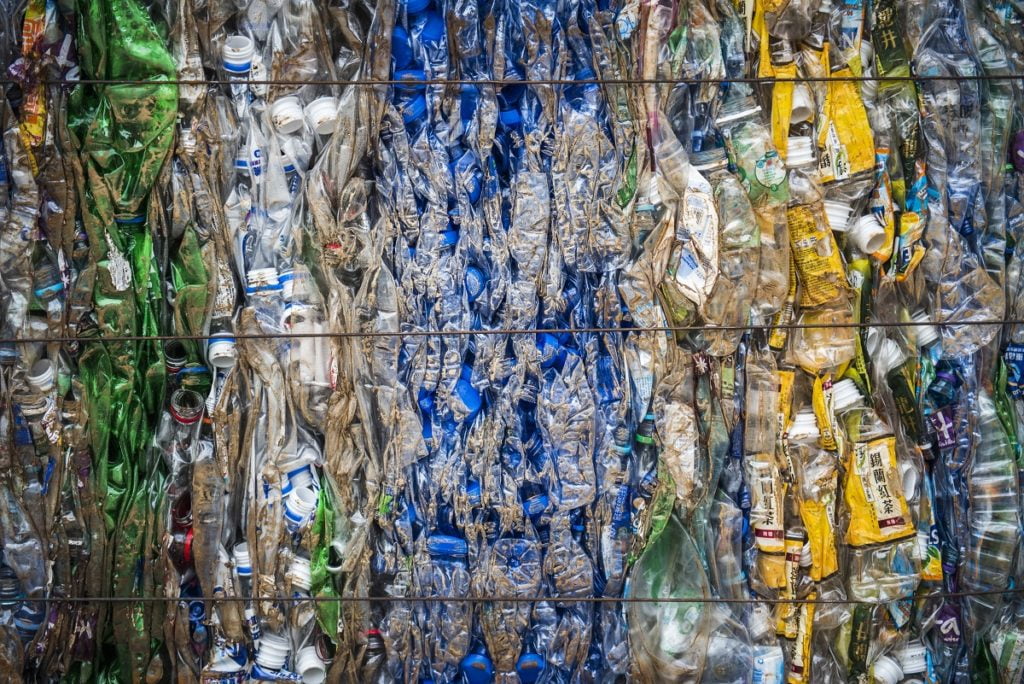The presence of plastic waste is an increasing environmental concern. Plastic waste makes up a significant proportion of all waste and contributes to the degradation of the environment and ecosystems.
This article will provide an overview of the scale of plastic waste, the types of plastic waste produced and the measures taken to reduce the amount produced in the region. We will also discuss the innovative plastic solutions available to resolve this problem.
The Scale of the Problem
According to a report by the UK Government, the country generates around 5 million tonnes of plastic waste each year. Of this, only around 30% is recycled. The rest ends up in landfill sites or is incinerated, which can have negative environmental impacts.
Plastic Waste in the Oceans
Plastic waste is not just an issue on land but also a significant ocean problem. In the UK, the majority of marine litter is plastic. This plastic can harm marine life, with creatures becoming entangled in plastic waste or ingesting it, mistaking it for food. Moreover, this can lead to injury or death and affect the food chain, with the potential for harmful chemicals to accumulate in the bodies of animals that eat plastic.
Single-Use Plastics
One of the most significant contributors to plastic waste is single-use plastics. These items, such as plastic straws, cutlery and packaging, are designed to be used once and disposed of.
In the UK, it is estimated that around 8.5 billion plastic straws are thrown away each year, and over 2.5 billion takeaway coffee cups are used and discarded yearly. These items often need to be recyclable and end up in landfill sites or as litter.
Plastic Reprocessing Services
Unfortunately, the vast majority of plastic produced in the UK is not recycled, leading to a massive amount of plastic waste damaging the environment. Fortunately, there is a solution to this problem: granulate plastics and plastic reprocessing services.
Granulation is the process of breaking plastic down into small pieces or granules. This process makes the plastic easier to transport and store, as well as making it easier to repurpose. Granulated plastic can be used in various products, including insulation, packaging and automotive components.
Plastic Bans and Reductions
To address the issue of plastic waste, the UK Government has introduced several measures to reduce plastic use. These include:
- Plastic Bag Charge: In 2015, a 5p charge was introduced for single-use plastic bags in supermarkets and other large stores. This has led to a significant reduction in the number of bags being used and discarded.
- Plastic Straw Ban: From 2020, selling or supplying plastic straws in England will be illegal, except for those needed for medical reasons.
- Plastic Microbead Ban: In 2018, a ban was introduced on manufacturing and selling products containing plastic microbeads, which can harm marine life.
- Extended Producer Responsibility: The UK Government has announced plans to introduce an Extended Producer Responsibility scheme for packaging by 2023. This will make packaging producers responsible for its collection and disposal costs.
What You Can Do–Your Responsibility In Proper Disposal
Reducing plastic waste is not just the government’s responsibility–individuals can also play a part in tackling this issue. Here are some things you can do to reduce your plastic waste:
- Say No to Plastic Straws: When you’re out and about, ask for your drink without a straw or use a reusable metal or bamboo straw.
- Use a Reusable Water Bottle: Instead of buying bottled water, use a reusable water bottle that you can refill throughout the day.
- Avoid Single-Use Plastics: Where possible, avoid using single-use plastics such as cutlery, plates and cups. Instead, you can learn more about plastic product innovation, such as using reprocessed plastic.
Conclusion
To tackle this issue, the UK Government has introduced several measures to reduce plastic use, but individuals can also play a part by reducing plastic waste. By taking small steps to reduce plastic waste, we can all help to make a difference.
Looking for innovative plastics solutions and plastic reprocessing services? Look no further! Our team of experts provides cutting-edge plastic solutions and services to meet your specific needs. Pulse Plastics is an innovative UK-based independent specialist plastic solution provider working with those who want their waste plastic reprocessed, returned or used to manufacture closed-loop products. Contact us today to learn more about how we can help you with your plastics needs!


